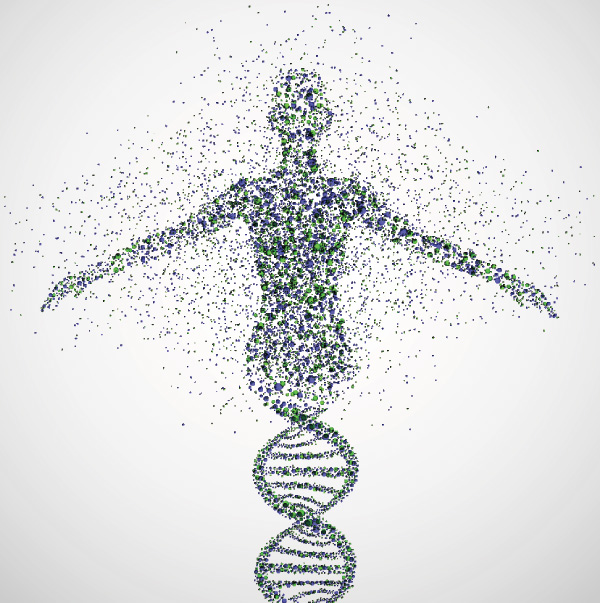
As a Department within a tertiary hospital associated with McGill University, our clinical team is actively involved in the training of health care professionals, primarily students in the M.Sc. Genetic Counselling program and medical residents in the McGill Residency Training Program in Medical Genetics as well as other medical students and residents in other specialties.
The Department is accredited for service and training by the Canadian College of Medical Geneticists, and medical genetics training by the Royal College of Physicians and Surgeons in Canada and the College des Médecins du Quebec.
Master of Science in Genetic Counselling Program
The MSc in Genetic Counselling Program provides the academic foundation and clinical training required for the contemporary practice of genetic counseling. Genetic counselors are health professionals who provide information and support to families who have members with birth defects or genetic disorders and to families who may be at risk for a variety of inherited conditions. Genetic counselors investigate the problem present in the family, analyze inheritance patterns and risks of recurrence and review available options with the family. Some counselors also work in administrative and academic capacities, and many engage in research activities. The McGill program is a pioneer in the field, and offers a comprehensive 2-year training program.
McGill Residency Program in Medical Genetics
The Department of Human Genetics offers a 5 year residency training program in Medical Genetics that meets the requirements of the Royal College of Physicians and Surgeons of Canada, the Collège des médecins du Québec, the Canadian College of Medical Geneticists (CCMG), and the American Board of Medical Genetics (ABMG). The program involves 2 years of core training including Pediatrics and Internal Medicine followed by 3 years in Medical Genetics. The three years in Medical Genetics include at least eighteen months in clinical genetics (genetic counseling, dysmorphology, teratology, inherited metabolic disease, cancer genetics, neurogenetics, and prenatal diagnosis) and six months of clinical laboratory exposure (biochemical genetics, cytogenetics, molecular genetics). The final year allows for increased training in any of the above areas.
Other students and residents
The MUHC Department of Medical Genetics supports the training of medical students and residents in other specialties, including, but not limited to pediatrics, obstetrics, and pathology. This is an important component of our program as it allows for the dissemination of information to the larger medical community.